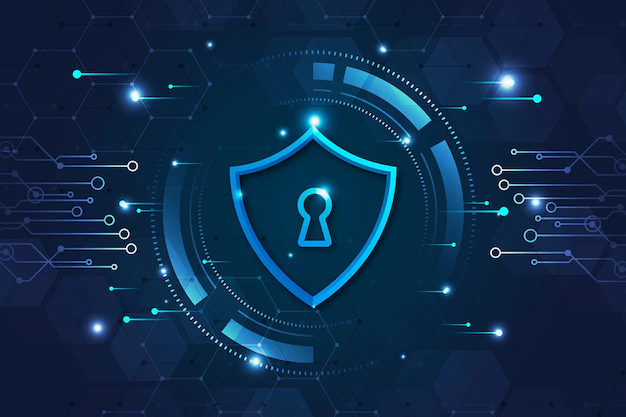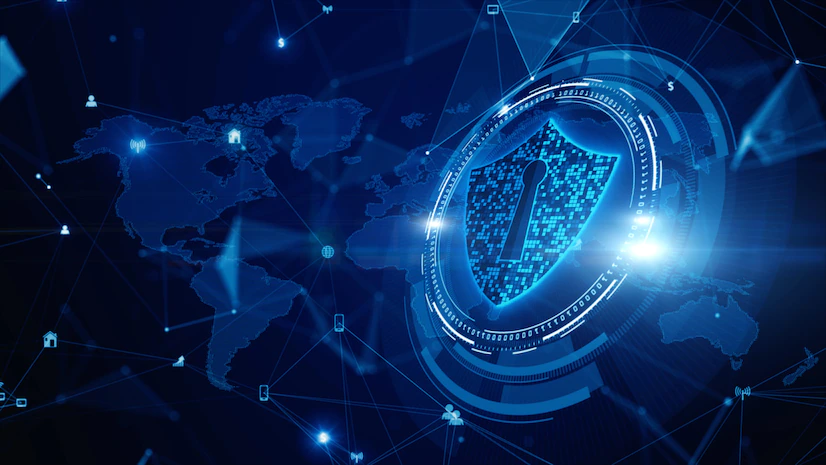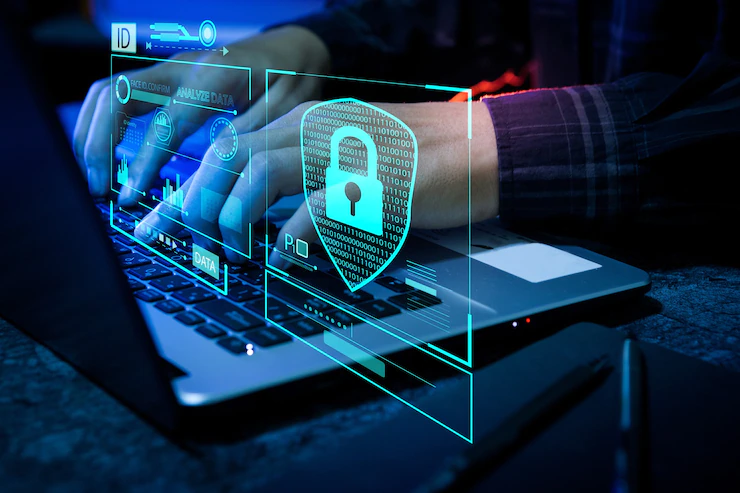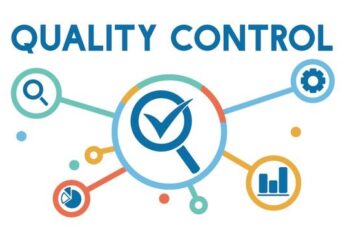An Introduction To Virtual Private Networks
by Abdul Aziz Mondal Business Security Systems Published on: 29 December 2022 Last Updated on: 04 March 2025

If you have been using computers and the internet long enough, you should have probably come across the term Virtual Private Network (VPN). VPNs are used by individuals and organizations wanting to browse the web securely without being monitored by any third-party entities. But what is a VPN, and how does it work? Continue reading to find out.
What is a VPN?

A Virtual Private Network refers to a web-based service that provides users with a private and safe internet connection. When using a VPN, no one, including your internet service provider, hackers, or even the government, will track your online activities. This is also the case when it comes to your phone, you can use an iOS VPN or Android VPN too. Basically, you will be browsing the web anonymously because VPNs also encrypt all the data going to and from your device.
How does a VPN work?

A VPN creates an encrypted tunnel to ensure your browsing data is safe and hidden from third parties. When you browse the web without a VPN, your requests will always first go through the servers of your Internet Service Provider (ISP). Your ISP will then provide you with the data you need, such as loading a web page or a video on YouTube.
With a VPN, the movement of your browsing data changes a bit. Instead of going through your ISP’s server, your browsing data goes through the VPN servers before being sent to the site you want to access. That means the website you are trying to access will also not see your device’s IP address and location; they will instead see that of your VPN server.
The VPN will also create a tunnel between your device and your desired destination. All the data that goes through this secure tunnel is encrypted.
Click here to find out more about the technical nuances of a VPN and how it works.
Consider reading: Should I Be Concerned About VPN Issues On Refurbished iPhone?
Why use a VPN?

1. To access restricted content
A study by Global Web Index showed that 34% of the surveyed people use VPNs to access websites and restricted content in their countries. For example, several shows on Netflix and other streaming platforms can only be accessed in certain regions. With a VPN, you can access these shows by simply connecting to a VPN server in the supported countries.
2. To be safe when using public WIFI
Public WIFI networks are usually not so secure, so they are often used by hackers to compromise the devices of the people using them. Using a VPN hides your IP address from these hackers, making it impossible for them to access your device.
3. To prevent websites and apps from profiling you
Some websites and applications create profiles of their users using details such as their IP address and location. When using a VPN, such websites and apps won’t get your correct location and IP address, making it impossible to profile you unless you provide this information yourself.
Final remarks
Using a VPN might be essential if any of the above reasons matter to you. It should be noted that reliable VPN services require you to pay a monthly subscription fee. VPNs may also reduce your connectivity if you choose a service provider with slow servers.
Additional:



































































































